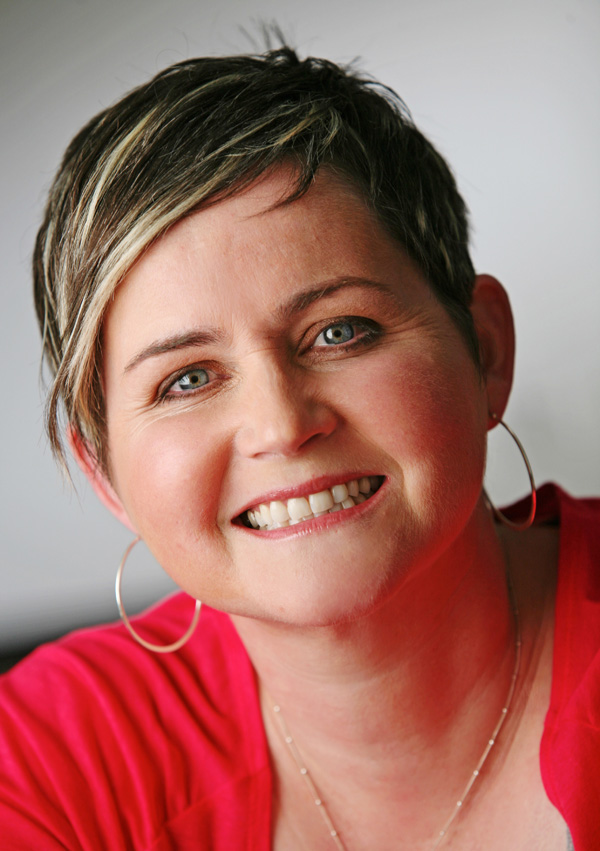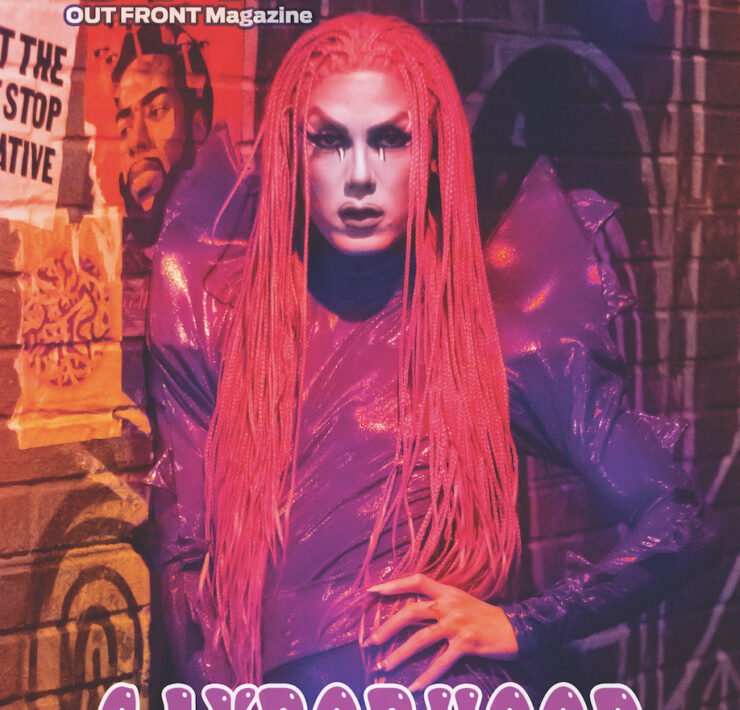Do we have anything in common?

By Abby Dees
While the LGBT community might not always feel like a community, there’s still good reason for hope.
When I came out in the ’80s I thought there was a real gay and lesbian community. I believed that we, my brothers and sisters, were totally in sync about the important things: what we were fighting for, why good hair matters, our secret handshake. This was during the first wave of the AIDS epidemic, and to me, the greatest proof of our common cause was how we, lesbians, took up the fight when our gay brothers were dying by the thousands.
Act Up, founded to call out government indifference to the crisis, became the new political face of lesbians and gays. These were my people.
Though, after a few years, I started to hear grumbling from some lesbians: Would gay men stand up for us if the tables were turned? Few women I knew thought so. While many women continued the fight anyway, others burned out. I quickly learned some hard LGBT history, that before the AIDS crisis, there had been – at best – an uneasy alliance between lesbians and gay men (bi and trans people were still quite marginalized).
While society tarred us all with the pervert brush, we didn’t have much else in common. Lesbians were pot-lucking and playing acoustic guitar. Gay men were disco-ing and having (it seemed) a lot more sex. Sickness and death were the glue that held us together – but why would anyone want that to last?
To be fair, we haven’t gone back to those pre-AIDS days. AIDS is still with us, though the back-to-back funerals are not, thank God.
Disco, poppers, granola and Birkenstocks, are out. Most importantly, our community has learned that the stakes for freedom can be unimaginably high. But are we really a community anymore? Aside from LGBT politics, what keeps us together?
I thought about this quite a bit while I was publicizing my book on straight/LGBT communication, Queer Questions Straight Talk. The main point of the book was this: people who care about each other should feel free to ask even “stupid” questions. I was only thinking about communication between straight and LGBT people at the time, but then I got a number of sheepish questions from gay men too: “Why don’t lesbians wear makeup?” and “I know it’s a stereotype, but why don’t lesbians have a sense of humor?” Oy. After all these years in the trenches, we are still confounded by each other.
In a few minutes, our conversations would evolve from explaining the lesbian Bieber-‘do and the appeal of bear sub-groups, to what dreams keep us going every day.
I realized that there was so much more to our lives yet we’d gotten distracted by aesthetic minutiae. Even as I would squawk at the ridiculous axiom that 40 was “Over the Hill” for gay men, I still felt a unique kinship and shared struggle. And that was it: we were kin. Not just a community, but a family – misunderstanding and all. But our common cause is the freedom to love and maybe the desire to shake things up a bit while we’re at it.
I think this makes for a hell of a glue.
I love my gays, despite all the double entendres, and they love us too – perhaps suffering silently in our station wagon full of rescue mutts. When the excrement hits the fan I know they will show up and make the clean-up into a party.
As the hysterical “right-wing” continues to demonize us, I have seen that we are indeed willing to stand with one another – lesbian, gay, bi, trans – putting aside, maybe only temporarily, the little things for this fundamental truth about what makes family.
Abbey Dees is a Los Angeles based civil rights attorney, speaker, editor and author. She has written Queer Questions Straight Talk. This book is mean to help bridge the communication gap between the LGBT and Straight communities. For more information about Abby and the book visit queerquestionstraighttalk.com.
What's Your Reaction?
Founded in 1976, Out Front is the largest LGBTQ news organization in the Rocky Mountains. "Like" Out Front on Facebook: facebook.com/outfrontcolorado, and follow us on Twitter: @outfrontco.










